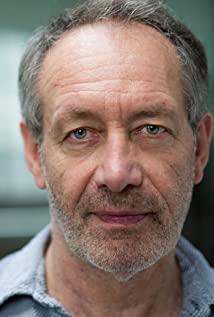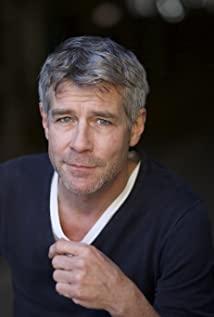The male protagonist Radman is a young rookie prosecutor who is serious and serious to the point of being stereotyped. He aspires to pursue justice, absolute justice, through a career in law.
The film begins with his first appointment as a prosecutor. He can only deal with uninteresting traffic cases every day, and in a court hearing, he met the female protagonist who violated the traffic law. When the judge decided to reduce the number of fines for the poor female lead, the male lead preferred to advance the money himself and insisted that the female lead pay the fine. Slightly accepting the truth, not willing to be flexible, the character of the male protagonist has the next story.
Then came the journalist Gunirka, an anarchist, who went to the prosecutor's office to accuse a professor of ex-SS membership. He asked prosecutors to file charges, and when they said no, he charged them with a bit of agitation. However, the prosecutors hinted that World War II is over, let it pass. Forget it, it is not good for everyone to be entangled in this matter, not to mention that now Germany is finally back on the right track, so don’t hurt everyone’s patriotic feelings.
But the matter didn't end there, because the male protagonist, eager to make a difference, quietly started the investigation. He met the reporter, he met an Auschwitz survivor. He and the reporter obtained some Auschwitz-related materials from the survivors' homes, obtained the approval and support of the Supreme Prosecutor, and launched the investigation with the assistance of friends and several colleagues.
Things didn't go well, but that's to be expected. Everyone accused of murder at Auschwitz did not subscribe to the crime, thinking that they were merely carrying out orders and doing their duty. It's also an enduring topic about WWII Germany. An ordinary German soldier's job is to guard prisoners, or kill "enemies", etc. These recognized crimes are sometimes what they should have done at that time. If they acquiesce to this behavior when they win, and liquidate when they lose, it can only be called a winner and loser, and those who do not confess their guilt, at least in their hearts, have such a mentality. . Humanism, which has been emphasized all these years, can also be regarded as a standard, but after all, it cannot be regarded as a real standard, because morality varies from person to person and is not completely universal. Maybe it's still a combination of winning and losing. Otherwise, why would Germany have been emphasizing its past sins for so many years, showing a special attitude of reflection and self-examination, emphasizing humanitarianism, freedom and democracy, and freedom of belief. These attitudes have helped Germany achieve international status on a moral level, and it is these attitudes that have plunged Germany into a refugee crisis. Merkel took the trouble to emphasize Germany's obligation to help refugees, reminding the Germans that they had made mistakes.
Germany is an amazing nation. Even in these years, World War II themes still occupy a large proportion of German films. Is there any other country in the world that actively admits its guilt and asserts its own mistakes like Germany. The prosecutor in the film said to the male protagonist, you want every young man in Germany to question whether his father is a Nazi. I wonder how much this guilt has affected and impacted Germans' self-perception and national identity. Germany has always been very proud and even arrogant. This contradiction between pride and guilt is rooted in the hearts of Germans, so many people choose to escape, choose to bury World War II in the soil, never hope Someone touches them, and I don't want someone to turn them out again. Therefore, the male protagonist's enthusiasm and determination to try criminals did not get much response, at least not in the circle of prosecutors at first.
The male protagonist said that there are all Nazis around, and you are all Nazis. This is exactly the view of many European and American countries and even some Germans. I saw the same evaluation in the ending chapter of "Nazi Germany" before. Ordinary people were incited and blinded by Nazi lies, and their moral sense was shaky in the lie. Therefore, the crimes of World War II were not committed by Hitler alone, nor by the leadership alone, but by the entire Germanic nation. Therefore, in the years after the war, Germans would not dare to call themselves Germans in neighboring countries. How pitiful, ridiculous, contemptible.
At the end of the film, the male protagonist finds his own clearer and more rational understanding of the word justice, and also realizes that judging sinners is not really just for judging them, but for the victims and their stories. What about German national identity? Perhaps the labyrinth of contradictions has no exit until the next burst. But I don't want to see the next blowout, never ever.
View more about Labyrinth of Lies reviews











